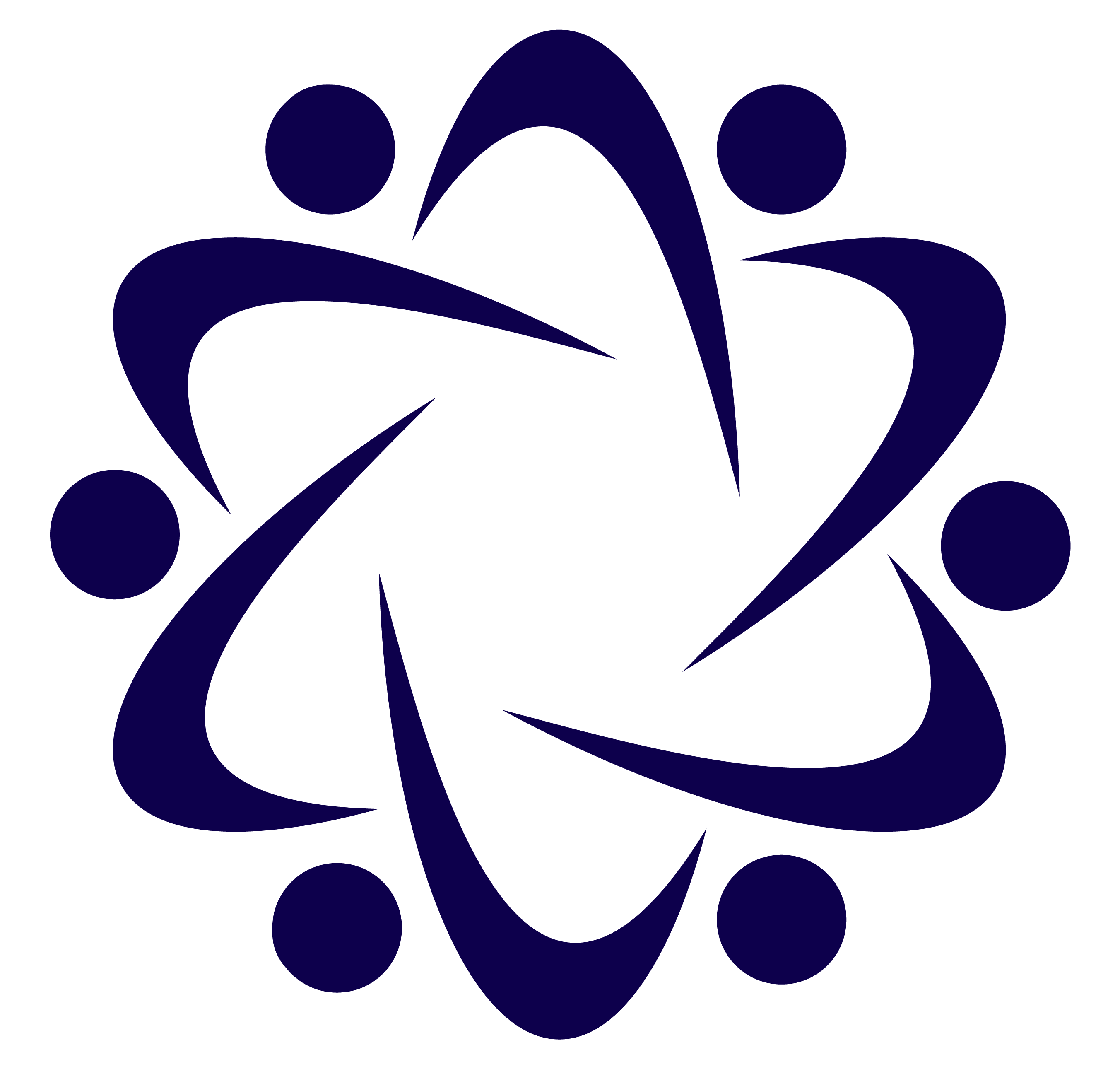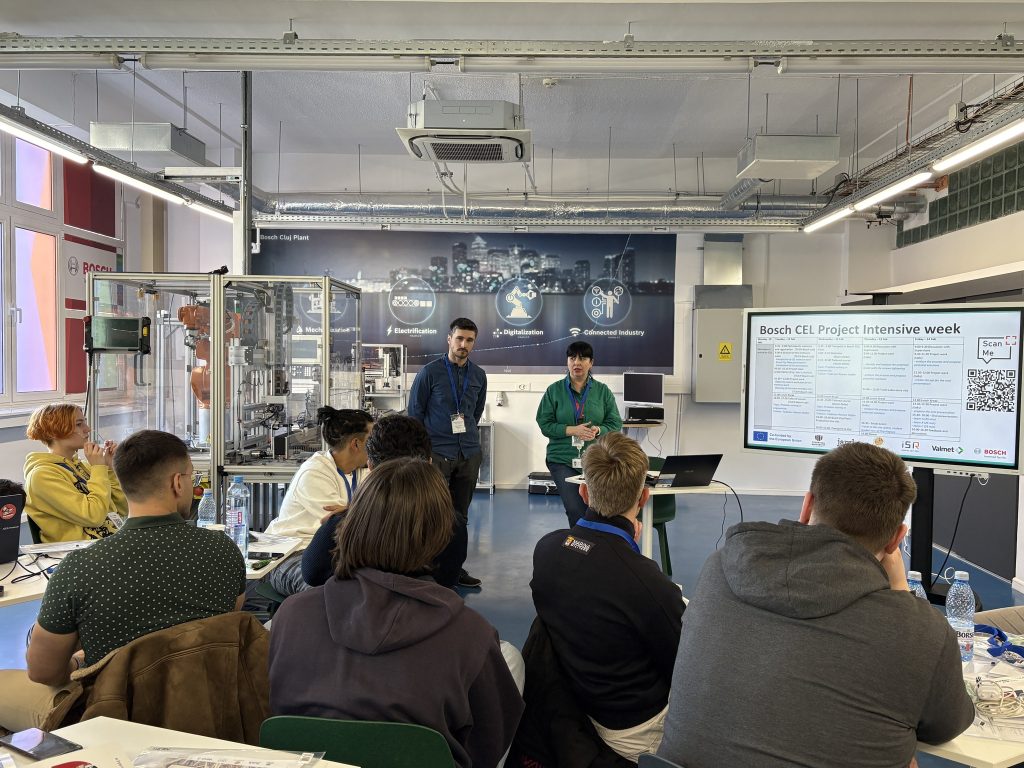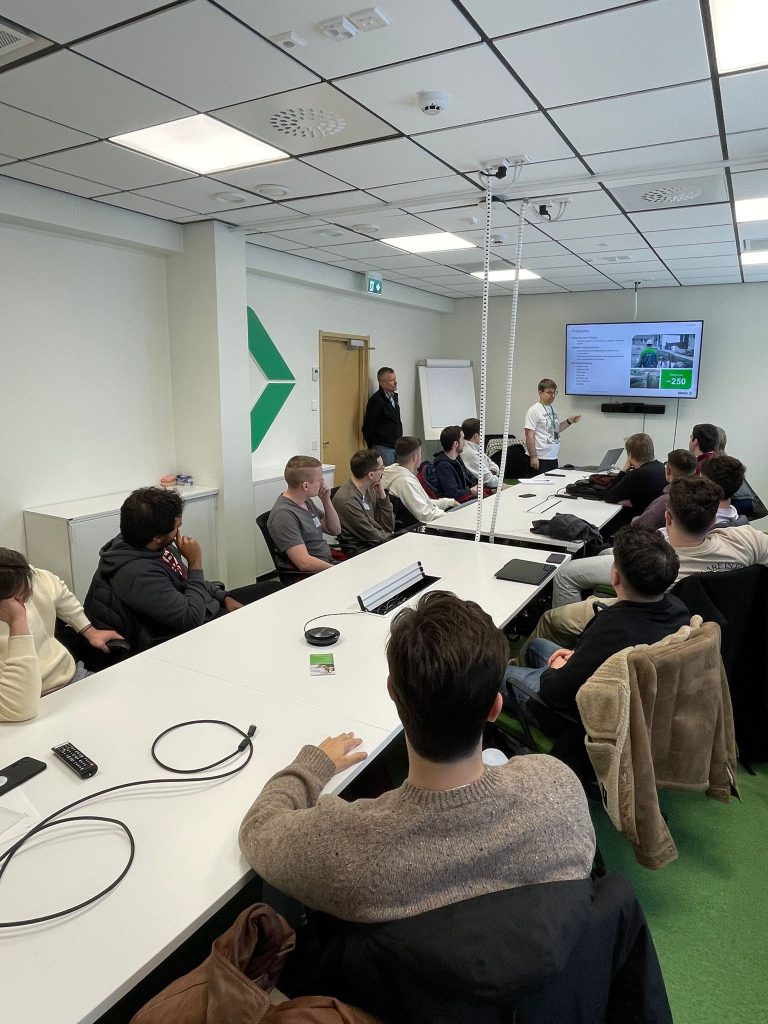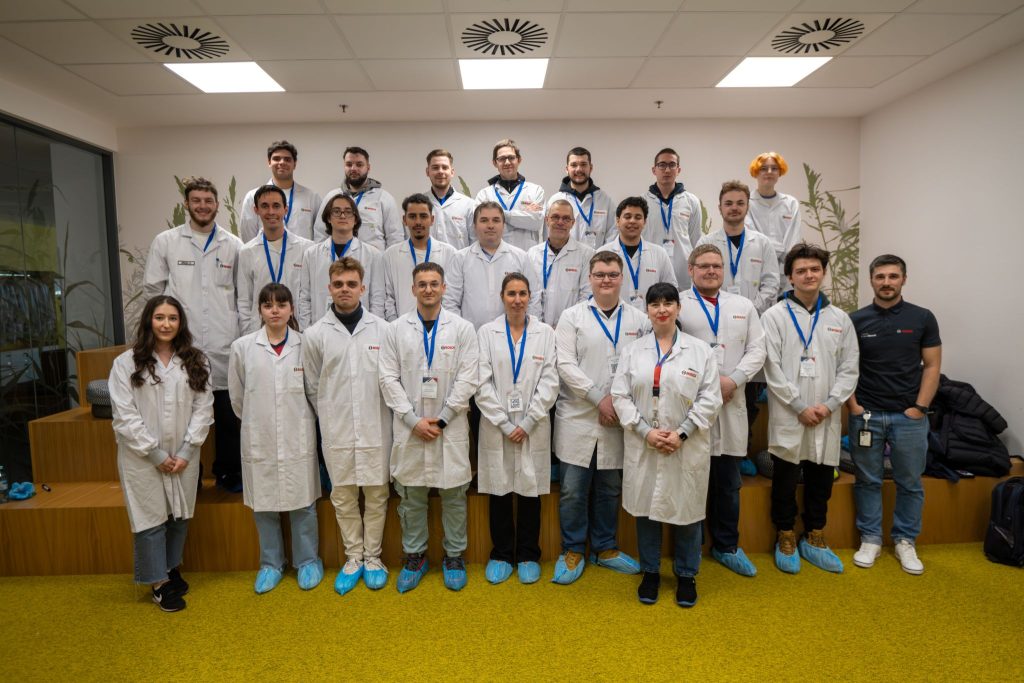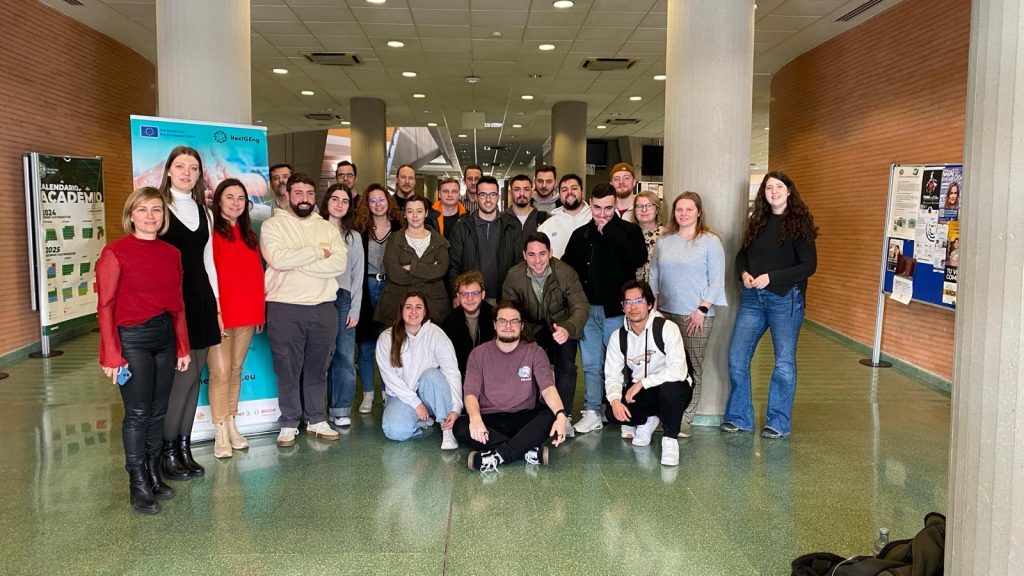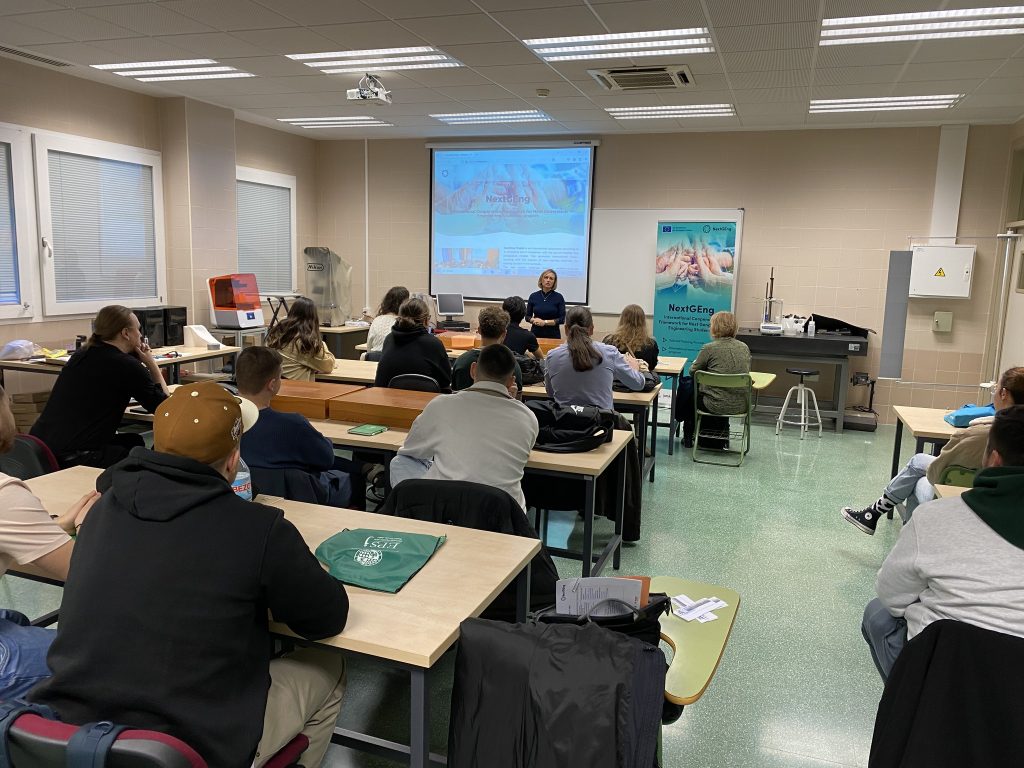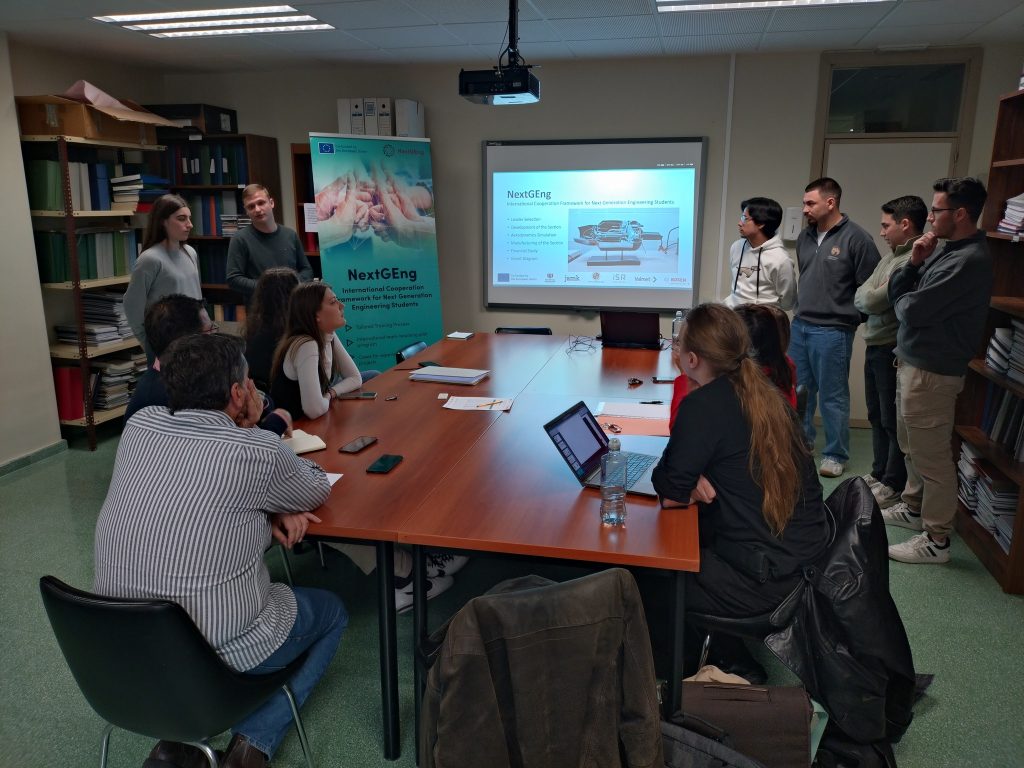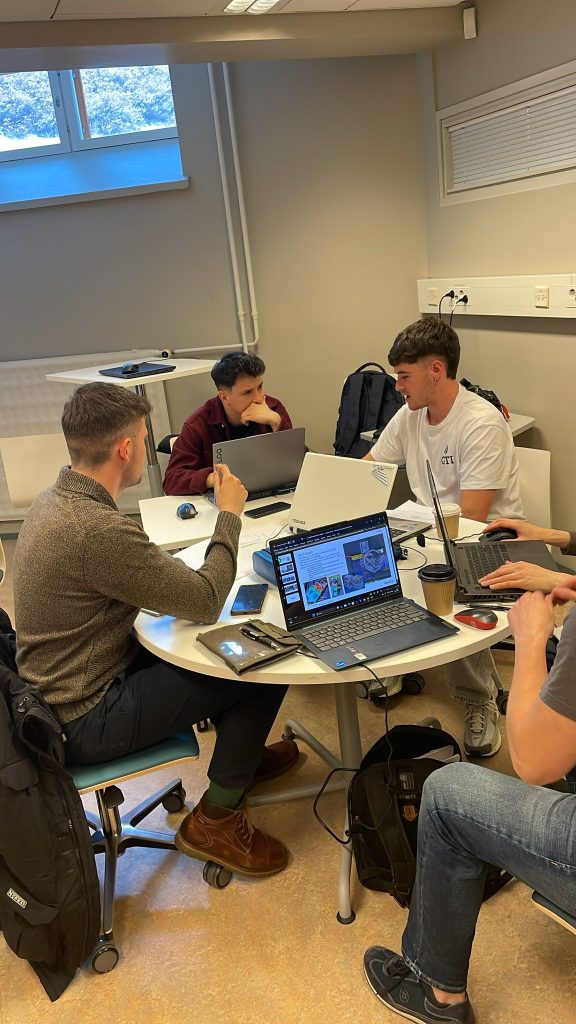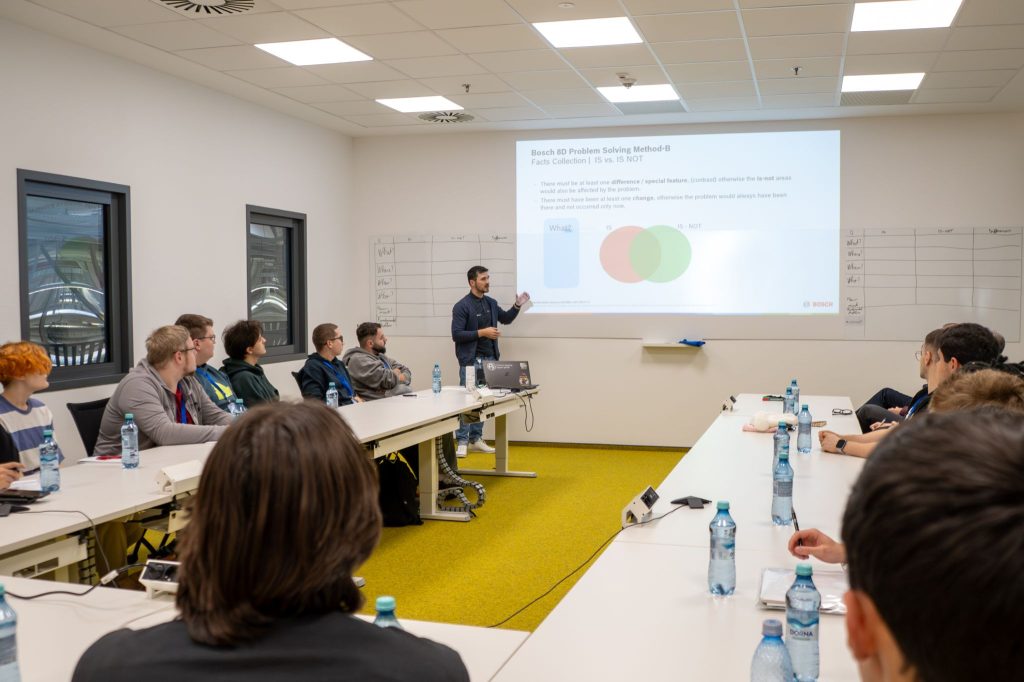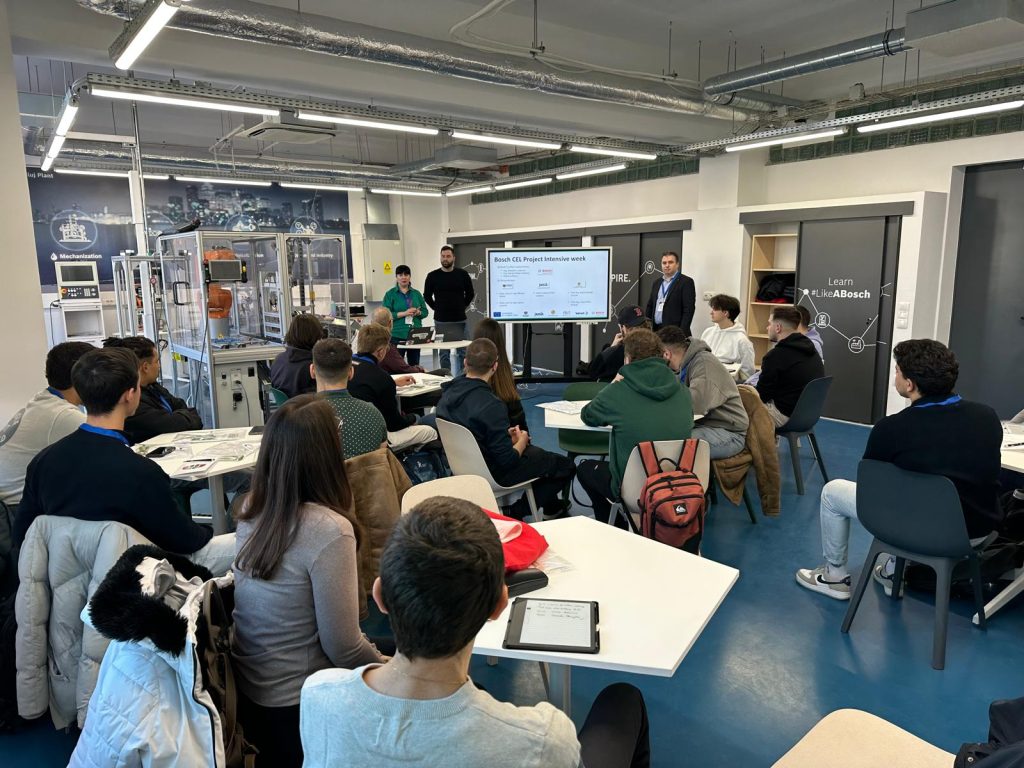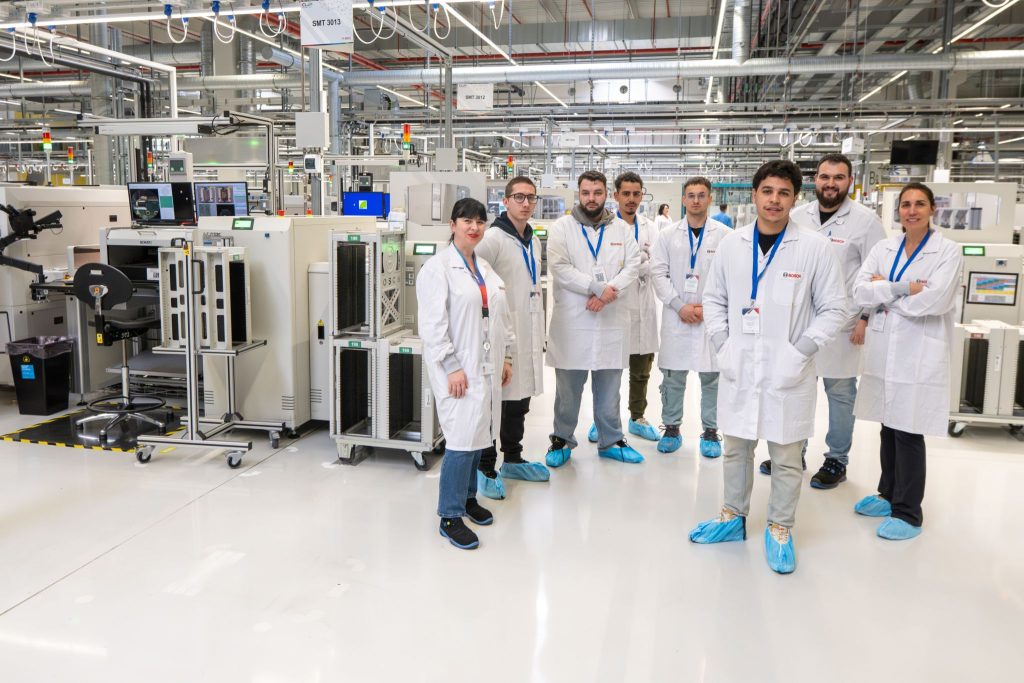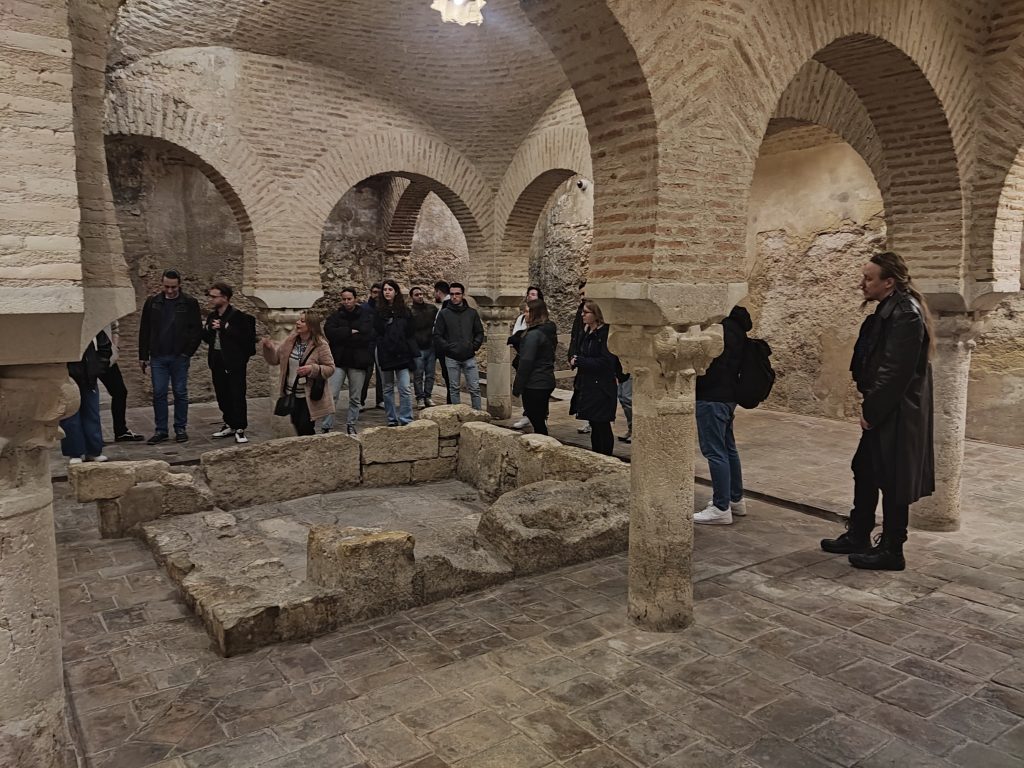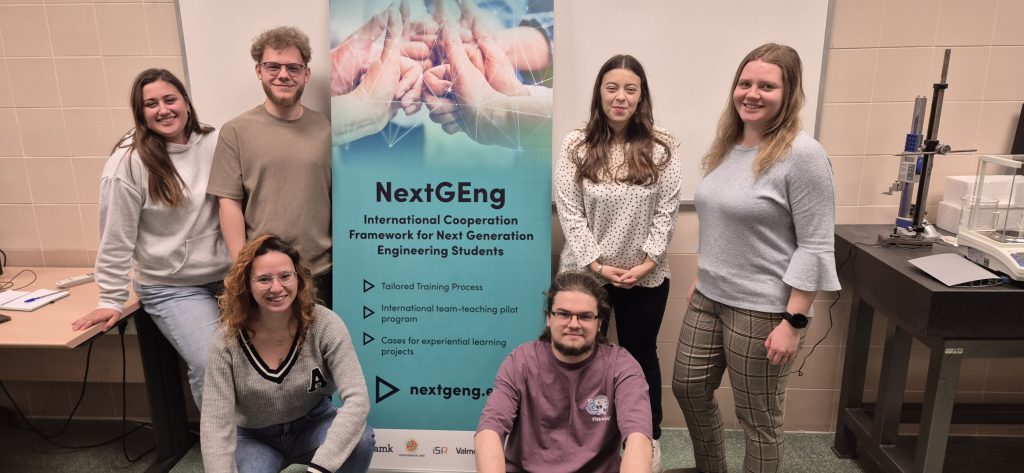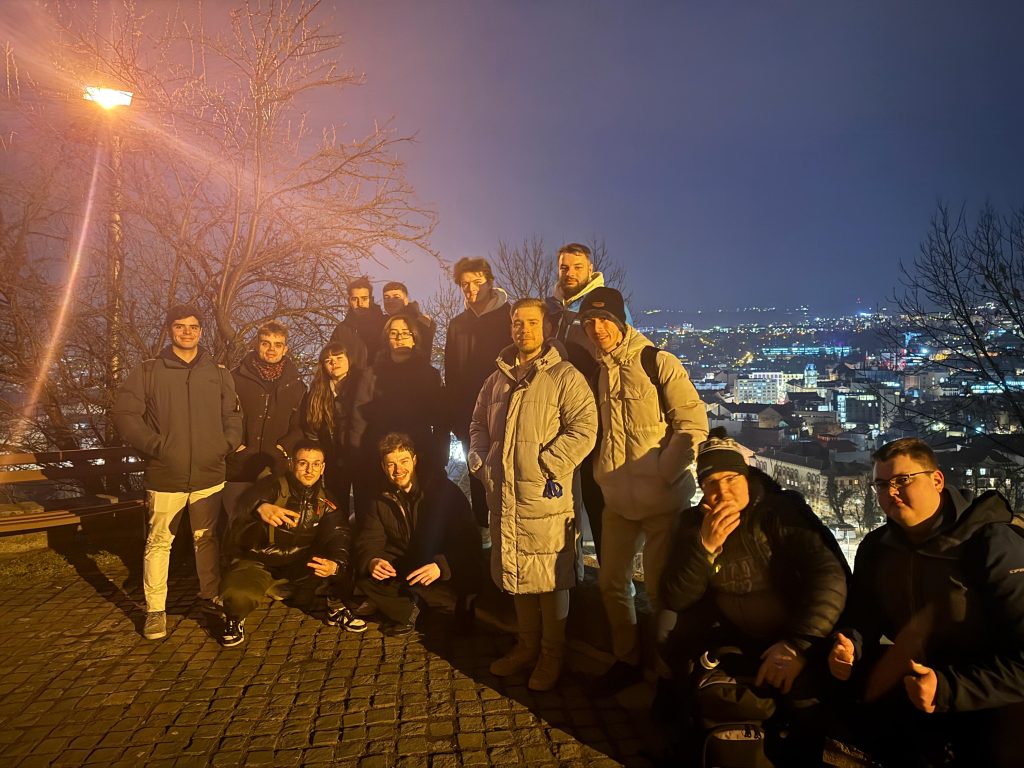The second round of Collaborative Engineering Learning (CEL) Projects officially kicks off during an intensive week held between 11–14 February 2025, in week 7 of the Spring semester at all three partner universities.
This new round includes three innovative projects developed in collaboration with leading industry partners and research groups:
- CEL4 – Bosch
Topic: Evaluation of the screws tightening and elongation in PCB mounting operations
Objective: Students investigate the optimal tightening parameters and elongation characteristics of M6 screws used in PCB mounting across various housing types. They analyze failure scenarios where screw fracture occurs before achieving the specified tightening torque, while remaining within the permissible angular tolerance. - CEL5 – Valmet
Topic: Automatic or semi-automatic cleaning for the blade change device
Objective: Students design a conceptual solution that incorporates an automatic or semi-automatic cleaning function into a 3D-printed blade changing device. The project also requires developing a strategy for the efficient removal and management of waste material generated during the cleaning process. - CEL6 – UJA (University of Jaén)
Topic: Product redesign via Additive Manufacturing
Objective: This project involves reverse engineering a jet engine combustion chamber mockup to determine its main dimensions, redesigning it using additive manufacturing technologies, and performing numerical simulations to optimize the flow lines through a demonstrator with fewer components.
The intensive weeks for CEL4, CEL5, and CEL6 combine technical training, project-based teamwork, industry visits, and cultural activities. Students participate in opening sessions, technical briefings, and hands-on workshops at the Technical University of Cluj-Napoca, Bosch Cluj Plant, JAMK University of Applied Sciences, Valmet, and the University of Jaén. Activities include engineering problem-solving seminars, CAD-CAE-CAM workshops, factory tours, and project work sessions focused on real-world challenges in manufacturing and additive design. Each intensive week concludes with team presentations, feedback from supervisors, and social events that foster networking and collaboration among participants.
